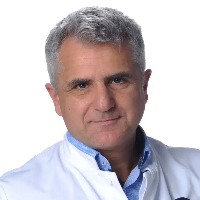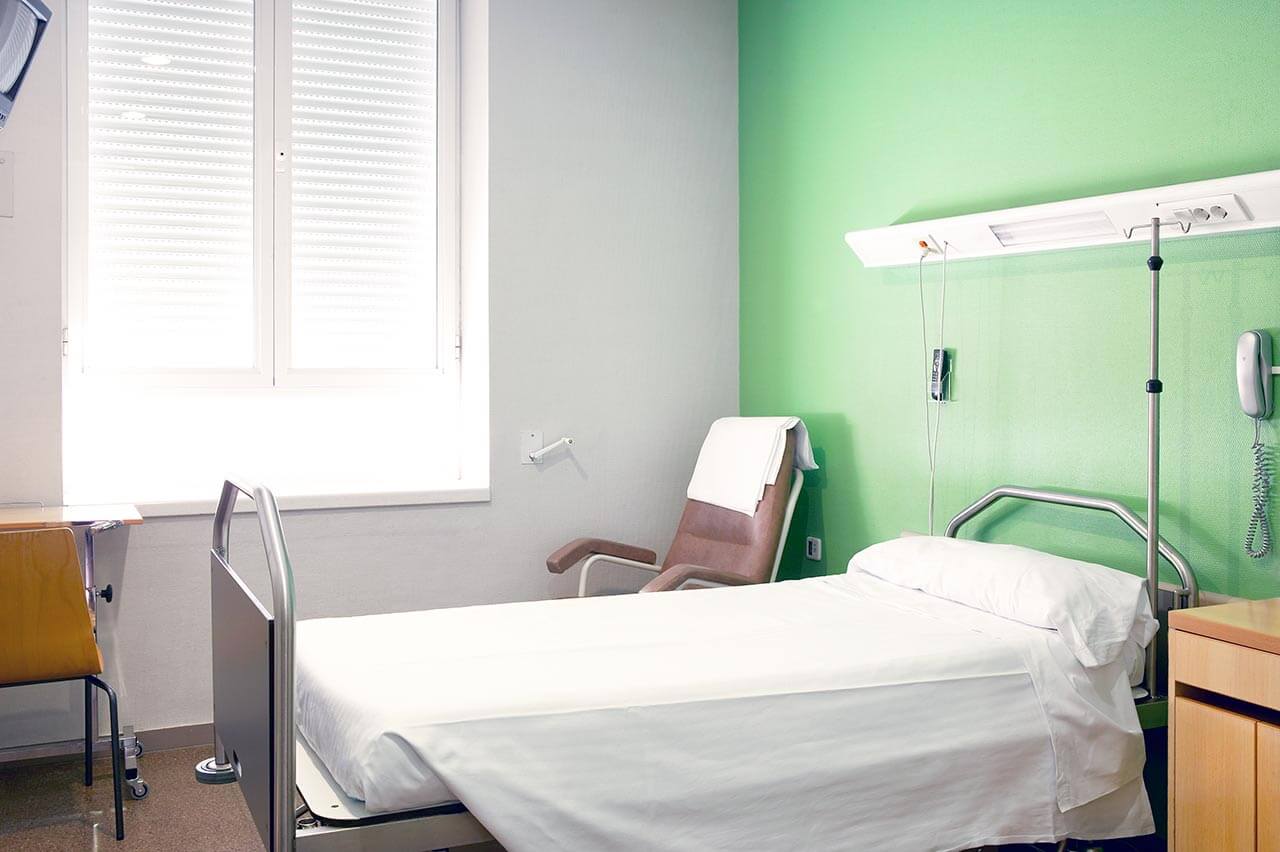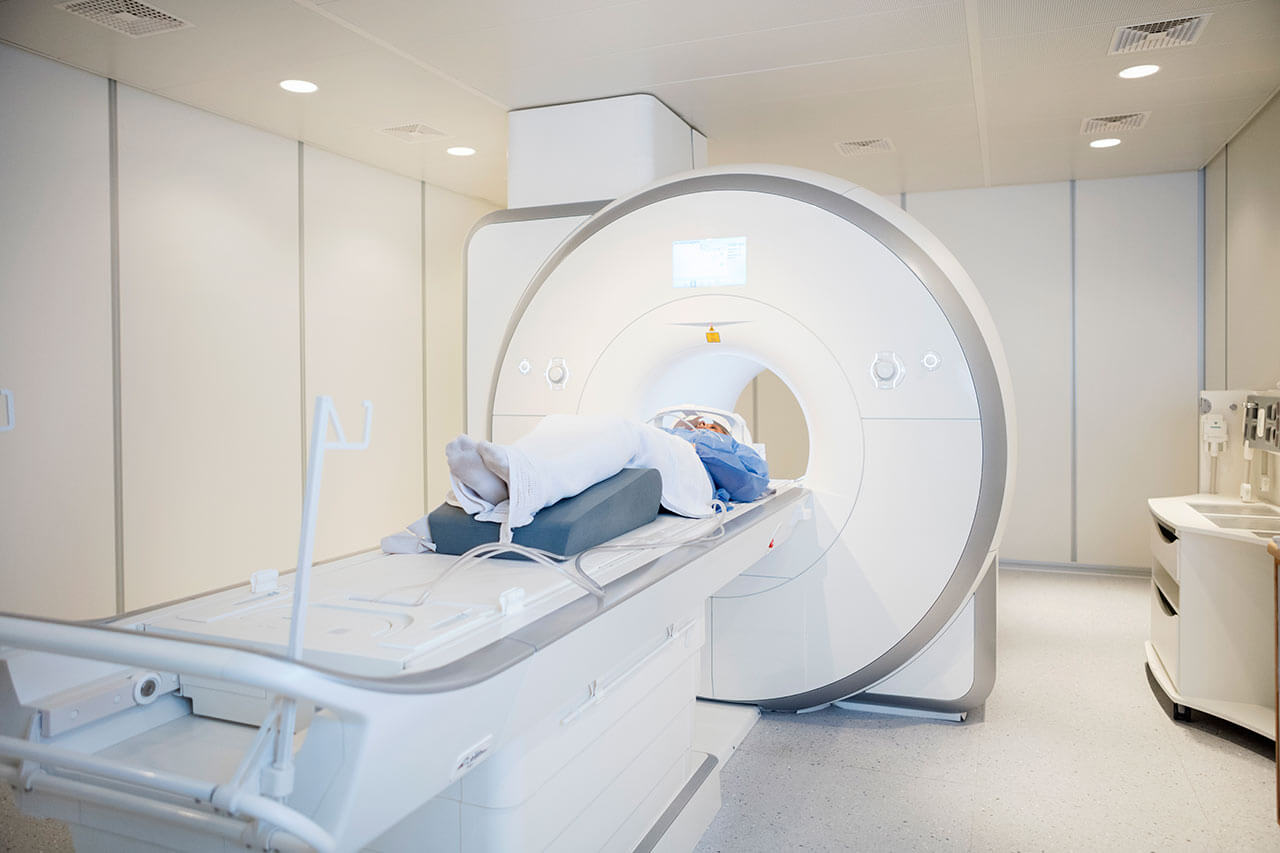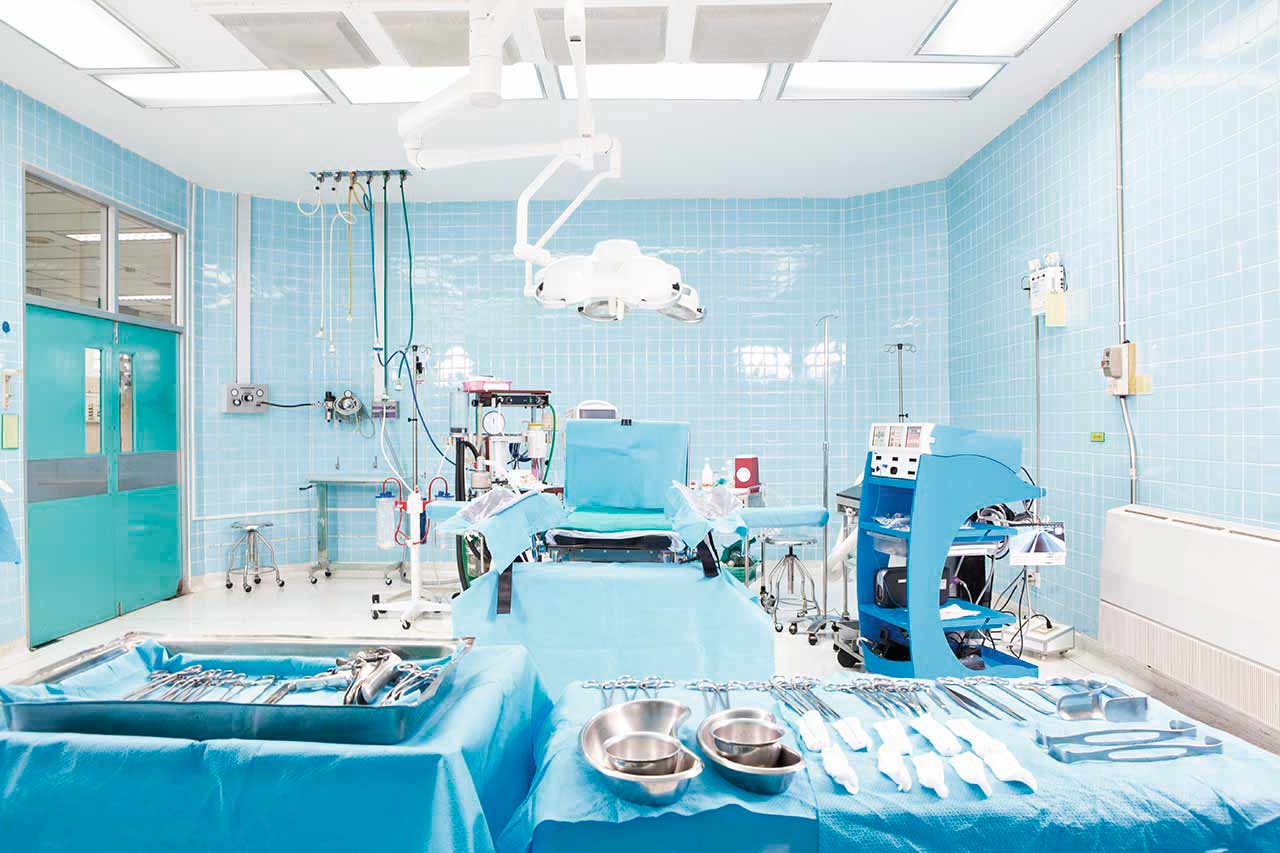
About the Department of Pediatric Cardiology at University Hospital of Ludwig Maximilian University of Munich
The Department of Pediatric Cardiology at the University Hospital of Ludwig Maximilian University of Munich offers the full range of services in this area and specializes in providing medical care to newborns, young children, and adolescents with cardiovascular diseases. The department also provides intensive care for urgent clinical conditions. Of particular interest to the department's team of doctors are heart examinations, including prenatal diagnostics, and the treatment of congenital heart defects in young patients. Pediatric cardiologists also treat children with heart arrhythmias, chronic heart failure, syncope, and arterial hypertension. The department has a modern outpatient clinic, which offers check-ups for children and diagnostic tests, including echocardiography, electrocardiography, echocardiography with Doppler color flow mapping, computed tomography, and angiography. The department's therapeutic options include drug therapy and invasive catheter-based interventions. If a child needs heart surgery, it will be performed in cooperation with specialists from the Department of Adult and Pediatric Cardiac Surgery. The Head Physician of the department is Prof. Dr. med. Nikolaus Haas.
Atrial septal defects account for about 8% of all congenital heart defects in children. An atrial septal defect is a hole between the heart chambers (left and right atrium), while in a normal heart, the right and left sections are completely separated by a septum. The defect causes blood to flow from the left atrium into the right atrium and then into the right ventricle and pulmonary artery, causing distension and congestion of these parts of the heart. The department's cardiologists successfully treat this heart disease using innovative catheter-based techniques, which today are an alternative to open heart surgery. It is worth noting that the minimal trauma of cardiac catheterization procedures does not affect their effectiveness at all. The essence of a catheter-based intervention is the placement of a special device, namely an occluder. The department's specialists use reliable occluders from the world's leading manufacturers such as St. Jude Medical, PFM Medical, and Gore Medical.
Ventricular septal defects are also quite common in the clinical practice of the department's doctors. This heart disease is caused by a hole in the interventricular septum. Small ventricular septal defects may resolve on their own before a child reaches 2 years of age. Large defects provoke the development of complex forms of pulmonary hypertension and severe symptoms, so pediatric cardiologists recommend closing them as early as possible. Prior to a catheter-based intervention, a young patient receives drug therapy to maintain normal heart function. During interventional treatment of a ventricular septal defect, cardiologists perform the implantation of a previously selected occluder. Special nitinol coils can also be used. The occluder or coil is delivered to the heart using a catheter that is inserted through the inguinal artery. Doctors thus perform a sparing intervention on the child without any thoracotomy, which has not been possible for a long time. It is noteworthy that the department became one of the first three Heart Centers in the world where doctors performed transcatheter perimembranous ventricular septal defect closure.
The department's specialists successfully perform catheter-based procedures to close the patent ductus arteriosus. To do this, the cardiologists implant spirals and occluders from St. Jude Medical, PFM Medical, and Gore Medical, which are world-famous manufacturers of medical equipment. The device implantation is performed using analgosedation but without any anesthesia. The procedure does not take much time, and the risk of complications is almost zero.
Young patients with complex atrial and ventricular septal defects, as well as complex forms of patent ductus arteriosus, can also be treated with hybrid interventions that combine catheterization and classical open surgical techniques. Such surgical procedures are performed in specially adapted operating rooms. The success rates of hybrid surgery in the department are consistently high.
The department's range of therapeutic services includes the following options:
- Drug therapy for heart disease, including care for young patients before and after a heart transplant
- Extracorporeal membrane oxygenation (ECMO)
- Catheter-based interventions
- Atrial septal defect closure with occluders
- Ventricular septal defect closure with occluders and nitinol coils
- Patent ductus arteriosus closure with coils and occluders
- Collateral blood vessel dilatation or closure (depending on the type of heart disease)
- Heart valve replacement: artificial valves MELODY, Edwards, and others
- Pulmonary valve stenosis dilation, including stent implantation and balloon dilation
- Aortic valve stenosis dilation
- Stent implantation for coarctation of the aorta
- Embolization for hypertrophic obstructive cardiomyopathy
- Radiofrequency ablation (for example, for Wolff-Parkinson-White syndrome)
- Other treatment methods
Curriculum vitae
Higher Education and Professional Career
- 1984 - 1990 Human Medicine studies at the Heidelberg University.
- 1990 - 1992 Assistant Physician, Department of Pediatrics, Faculty of Clinical Medicine in Mannheim at the University of Heidelberg.
- 1992 - 1993 Assistant Physician, Department of Neonatology and Special Pediatric Intensive Care, Faculty of Clinical Medicine in Mannheim at the University of Heidelberg.
- 1994 - 1996 Assistant Physician, Department of Pediatric Cardiology and Congenital Heart Diseases, German Heart Center Berlin.
- 1997 - 1999 Senior Physician, Cardiac Catheterization Laboratory, German Heart Center Berlin.
- 1999 - 2000 Resident, Pediatric Intensive Care Unit, Royal Children's Hospital Melbourne.
- 2000 - 2002 Senior Physician, St. Olga Hospital Stuttgart, Department of Pediatric Cardiology and Special Pediatric Intensive Care, Center for Adults with Congenital Heart Diseases.
- 2002 - 2006 Head of Pediatric Intensive Care Unit, Prince Charles Hospital, Brisbane, Australia.
- 2004 - 2007 Associate Professor, University of Queensland, Australia.
- 2005 Head of Pediatric Intensive Care Unit, King Faisal Institute of the Heart, Riyadh, Saudi Arabia.
- 2006 - 2015 Managing Senior Physician, Department for Congenital Heart Diseases; Head of the Cardiac Catheterization Laboratory and Pediatric Intensive Care Unit, Heart and Diabetes Center NRW Bad Oeynhausen.
- Since 2015 Head of the Department of Pediatric Cardiology at the University Hospital of Ludwig Maximilian University of Munich.
Photo of the doctor: (c) LMU Klinikum





